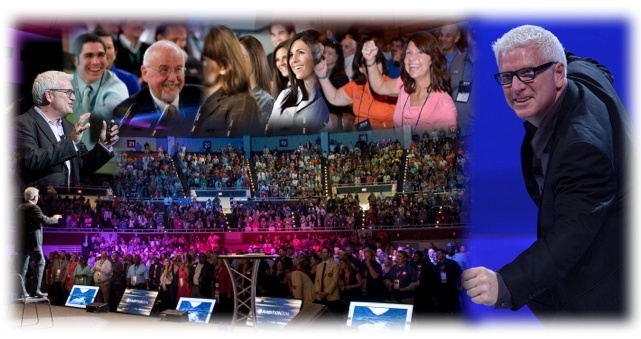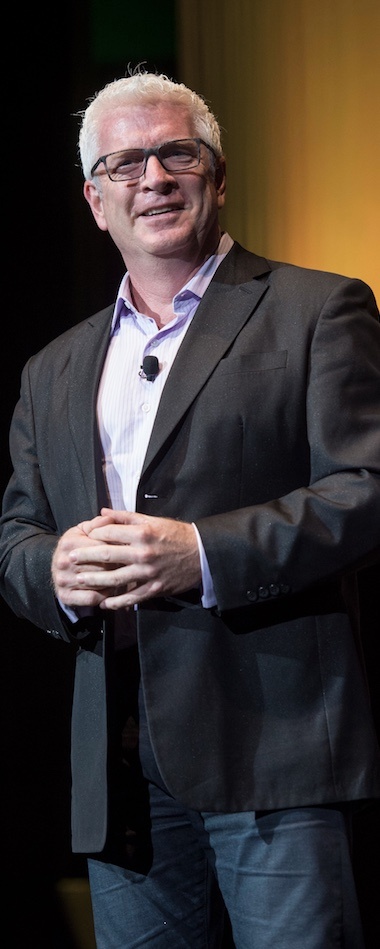Chances are you didn’t follow two Dallas sports transactions. Nor would many readers care a great deal. But, look into the locker-room for ways an organization may be improving, or damaging, their precious culture.
Most recently, a defensive-team leader for the Dallas Cowboys, DeMarcus Ware, was released. Even though Ware admitted to “understanding this is a business,” note the unceremonious way he found out about his dispensability. Jerry Jones, the owner and general manager, apologized to Ware for revealing to the media his second thoughts about Ware’s age, injuries and production. Jones told Ware, “I should have communicated those things to you directly before ever saying anything to the media about that.” But – That’s business. Right?
Look past the business of football, and imagine the effect this kind of ‘employee’ engagement has on a team’s culture. The message over the locker-room exit might well be: We want people who can help us win.
Jump a few weeks prior to the Ware situation, to a trade made by the Dallas Stars Hockey Team. Stunningly similar circumstances of a star defensive player’s age, injuries and production, yet handled in employee/culture centric way.
Stephan Robidas was arguably the best defenseman on the Stars’ roster. A large part of his season was missed due to a broken leg. Robidas worked his keester off in physiotherapy and private ice time. As the trade deadline approached, team manager, Jim Nill included Robidas on his thoughts.
Nill let the 37 year-old Robidas know a number of teams were approaching head office with interest in their stellar defenseman’s availability. Player and manager talked about Stephan’s chances of being on a winning team instead of ending his career on a team in rebuild mode. They talked about how a trade could open up the Stars’ roster for a handful of younger players instead of a straight across, star-for-star trade.
Stephan Robidas liked the Anaheim Ducks and their playoff chances. He was involved in the decision. Nill and Robidas knew about the possibility of facing the Ducks in the playoffs. Yet they both came to a conclusion based on opportunity – not scarcity and fear.
Again, looking past the business of sports, Nill sent a clear message to his ‘employees’ on the team: We want you to win so we can win.
In Jim Nill’s words, “It’s important to have trust and a good relationship with your players, and that’s what I want to do with our organization.”
This eBrief is not intended to make Jones’ style wrong or Nils’ approach right.
But it is an obvious juxtaposition of Jones’ business centric approach and Nils’ focus on a player's wellbeing. Plus, it should draw attention to how your company regards its employees relative to the bottom-line.
Do you have a culture that leads with individuals winning or primarily the organization winning?
Either way, when creating a strong culture:
“We care about you,” is a good justification.
“That’s business,” is simply a bad excuse.










